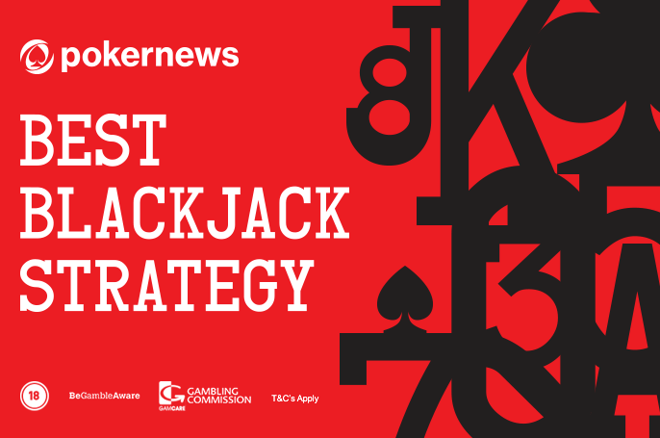If you are a blackjack player, perhaps you’re excited to learn that you can use certain strategy to help you make better betting decisions at the blackjack table. There are a few different strategies you can use, but by far the most widely used is card counting. If you’re not sure how to do card counting, or what the logic behind counting cards is, don’t worry; you can find articles and videos online that teach you exactly.
Card counting is a strategy that can be used in blackjack to help you get an edge on the house. What’s the big deal about that? Assuming you know the basic rules of blackjack, knowing this can actually give you a big advantage. Normally you can only count cards in blackjack when you physically see the cards. Looking at them as you play can help you to get an edge, but only if you know the basic rules of the game. If you know basic strategy, understanding card counting shouldn’t be that difficult.
Listed below are various card counting strategies and rules. Even if you don’t know the rules, learning these strategies and why they work will help you play better. Of course, any strategy available on the Internet will work, too.
• Ace-King Suited Strategy – works when the dealer has an up card of Ace or King. This strategy is the least risky, but if you want to have a bigger chance of beating the house edge, you should include this check with your blackjack betting strategy.
• Counting Cards – you should always track the total number of cards remaining in the deck. With this strategy, you track the running count, instead. You then increase your bet when the count signals a positive count. For this strategy to work, you need to bet more when you have a negative count.
• Hi Lo Card Counting – you’ll learn about this strategy in another article. This strategy is a bit more complicated and requires some practice before you can use. You might want to save your money until you can use this strategy to win consistently.
The risk-reward ratio of card counting strategies is difficult to find. Some have a high risk of losing, while others have a low risk of losing. Most card counting strategies, whether they are statistical or mathematically sound, are based on the idea that the overall probability of the next card coming is the same regardless of the cards you see. A card counter looks at this same concept from a different angle. As you count cards, you are actually predicting the actual odds, or house edge, of the game. As a card counter, you know that you will end up with the same number of cards over time, whether or not you are at the table. Does this mean that you can’t gain an edge in the game? That would be the wrong answer. An edge comes from the understanding of what is going on around you. A counter only looks at the cards in front of him, while trying to understand what the odds are and how they relate to the cards that may be on the table.
While statistical methods are fairly straightforward, and are simply a step-by-step process of determining what the odds are that a team will win, or the odds of a certain team being the likely winner, there are some steps that may be more difficult. Player profiling is one of these. The skill in player profiling is best played with a group of friends, but it can be played professional to make money. The most important feature of player profiling is that it has nothing to do with the cards that you may have in your hand. It is different than card counting, which is when you try to track what cards have been played; rather, you try to figure out what player you think that you can beat.
Player profiling works with the theory that the cards you play are not that important in deciding who will win the next hand, but rather it is important in how many hands you play. By understanding how the cards played, you understand how to play the game and adapt your play accordingly. It is important to remember that while you will have to mix your game across strategies, bringing up a different profile with each, you will ultimately end up being a better player if you do so.
While the odds may not be in your favor, you can always bring the odds against you. Online poker tools are great at figuring out what you want to play, but also what you should avoid. An example would be making big bets with a marginal hand. This is especially true in games such as video poker, which is essentially a computer game.
